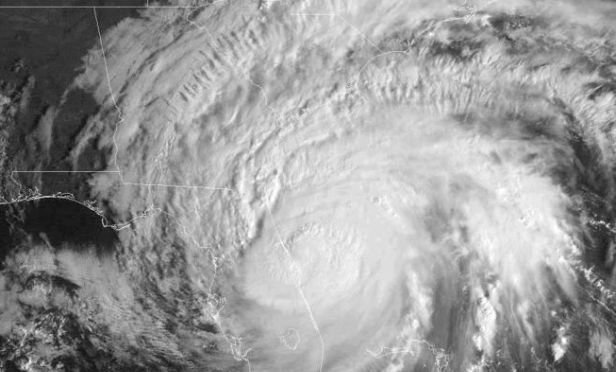 This image provided by NOAA. taken Oct. 7, 2016, shows Hurricane Matthew over the Southeastern part of the U.S. A new study finds wind and water shifts during busy hurricane seasons seem to provide a somewhat protective barrier for the U.S. coast. Hurricane Matthew was a major storm and hit Haiti with 145 mph winds, but fizzled as it neared the Americas. (NOAA via AP)
This image provided by NOAA. taken Oct. 7, 2016, shows Hurricane Matthew over the Southeastern part of the U.S. A new study finds wind and water shifts during busy hurricane seasons seem to provide a somewhat protective barrier for the U.S. coast. Hurricane Matthew was a major storm and hit Haiti with 145 mph winds, but fizzled as it neared the Americas. (NOAA via AP)
Hurricanes can cause widespread devastation in just a few hours.
Extreme winds, harsh rainfall, floods, storm surges and even tornadoes can work together to create one of the most destructive scenes a community may ever see.
Recommended For You
Want to continue reading?
Become a Free PropertyCasualty360 Digital Reader
Your access to unlimited PropertyCasualty360 content isn’t changing.
Once you are an ALM digital member, you’ll receive:
- Breaking insurance news and analysis, on-site and via our newsletters and custom alerts
- Weekly Insurance Speak podcast featuring exclusive interviews with industry leaders
- Educational webcasts, white papers, and ebooks from industry thought leaders
- Critical converage of the employee benefits and financial advisory markets on our other ALM sites, BenefitsPRO and ThinkAdvisor
Already have an account? Sign In Now
© Touchpoint Markets, All Rights Reserved. Request academic re-use from www.copyright.com. All other uses, submit a request to [email protected]. For more inforrmation visit Asset & Logo Licensing.







